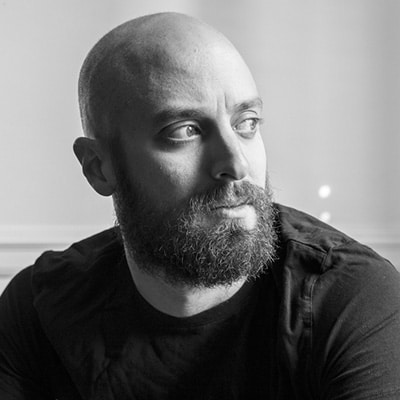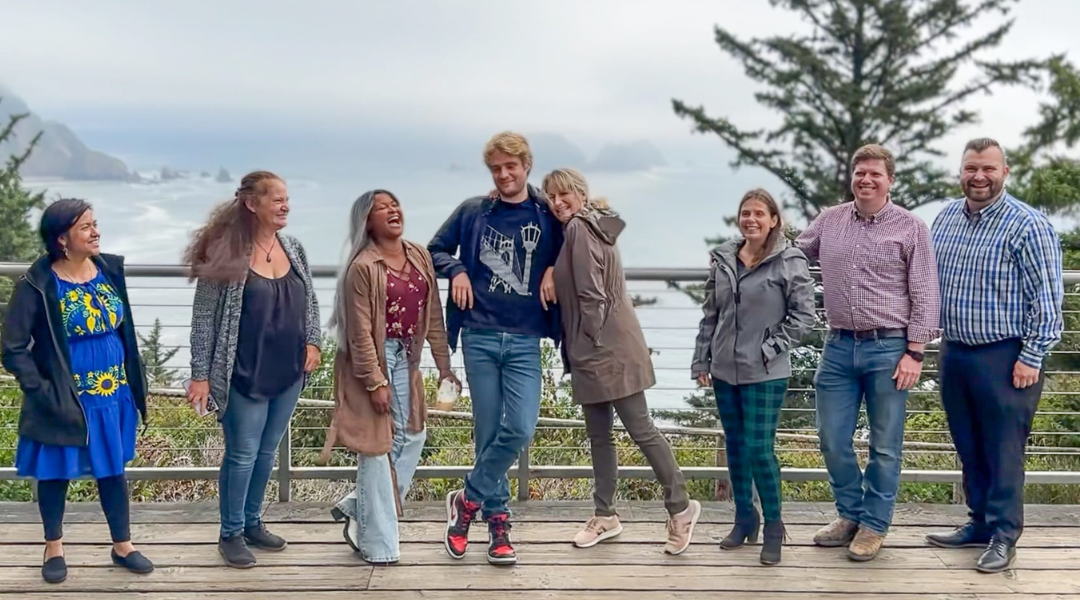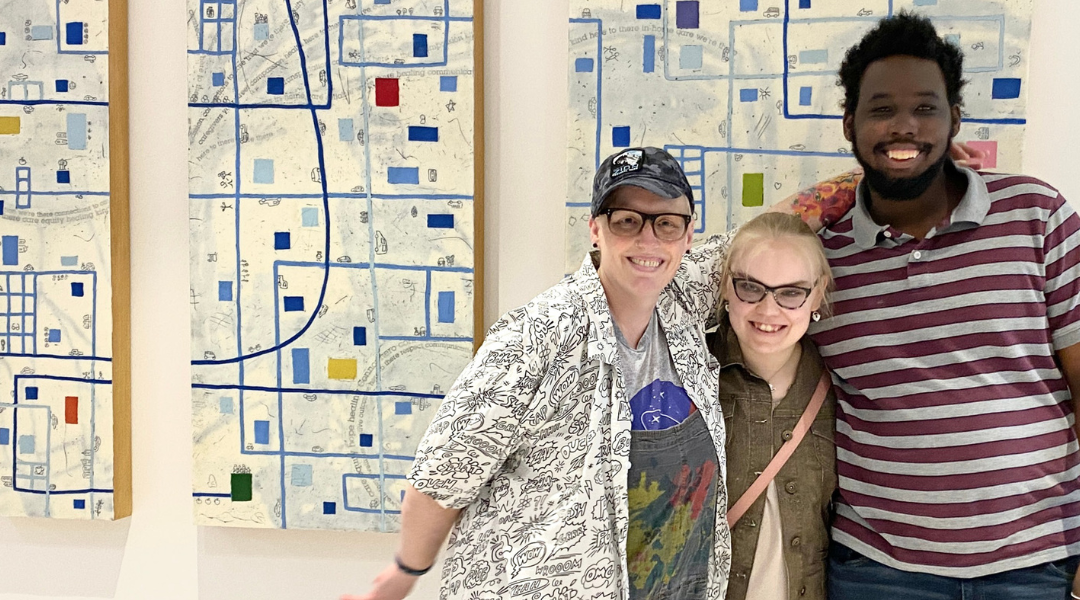What is the In[HEIR]itance Project and what inspired you to start it?
 The In[HEIR]itance Project began as a series of questions. Could a participatory playmaking process connect neighbors to each other across differences? Could it leverage sacred texts as tools for good rather than as weapons of division, condemnation and hatred? And could a temporary, hyper-local art project seed lasting collaboration in a community?
The In[HEIR]itance Project began as a series of questions. Could a participatory playmaking process connect neighbors to each other across differences? Could it leverage sacred texts as tools for good rather than as weapons of division, condemnation and hatred? And could a temporary, hyper-local art project seed lasting collaboration in a community?
What problem are you trying to solve?
Across the globe, unique histories, systems, cultures and biases work to separate us. The pandemic has made things worse. And while suffering grows, loneliness grows in turn, making it harder for people to build, sustain and strengthen relationships and community.
How does In[HEIR]itance Project work?
We invite community members into the artistic process as co-creators, translating their lived experiences into an original performance, devised with their neighbors in collaboration with local artists and In[HEIR]itance Project artists from around the country.
Our creative process starts by identifying an inherited text, tradition, culture, custom or belief to develop a baseline of understanding between neighbors allowing for each person to show up as their most authentic self. We begin by meeting community leaders and holding open events to introduce the process. We expand the number of participants by word of mouth and grassroots organizing, holding regular open creative workshops and participatory rehearsals before shaping and then presenting a final performance, co-created and performed by local artists, to the entire community.
Why choose a cogenerational approach?
Doing our work in an intergenerational way allows for perspectives of the past, the present and the future to inform the art that gets made.
What’s your big audacious vision? If you succeed, what change will we see?
We live in a connected world, a connected society. Our communities have challenges that impact the collective and must be addressed collectively. Art can help address collective issues intersectionally. And demand for this effort has never been higher.
Our project inquiry list has ballooned to over two dozen communities. And while we currently only have the bandwidth to facilitate 2-3 projects a year, we’re expanding our work beyond the United States in 2023, with multiple international projects in development. And we are working hard with our funders and our board to make a plan to scale our ability to hire more artists and serve more communities.
How can people get involved with your work?
We have an open intake process and you can reach out to us here to initiate a conversation about your own community. We also are always looking to meet artists around the country who are motivated by this kind of work. And, of course, we need more resources to serve more communities, hire more local artists and pay them in a way that challenges the industry standards by establishing a thriving wage, not just a living wage.
Favorite book?
Grapefruit by Yoko Ono. She’s a genius and I read a page from this book every day.
Learn more about Jon Adam Ross here.





![Photo caption: Actor/Dancer Richard Barea, an elder of the indigenous Omaha tribe, rehearses with young jazz musician (and Omaha native) Kafele Wiliams in preparation for a performance of the In[HEIR]itance Project's play, Exodus: Resettlement, in November of 2019. Credit: Harrison Martin.](https://cogenerate.org/wp-content/uploads/2023/01/Jon-Adam-Ross-Twitter-Post.png)
 The
The